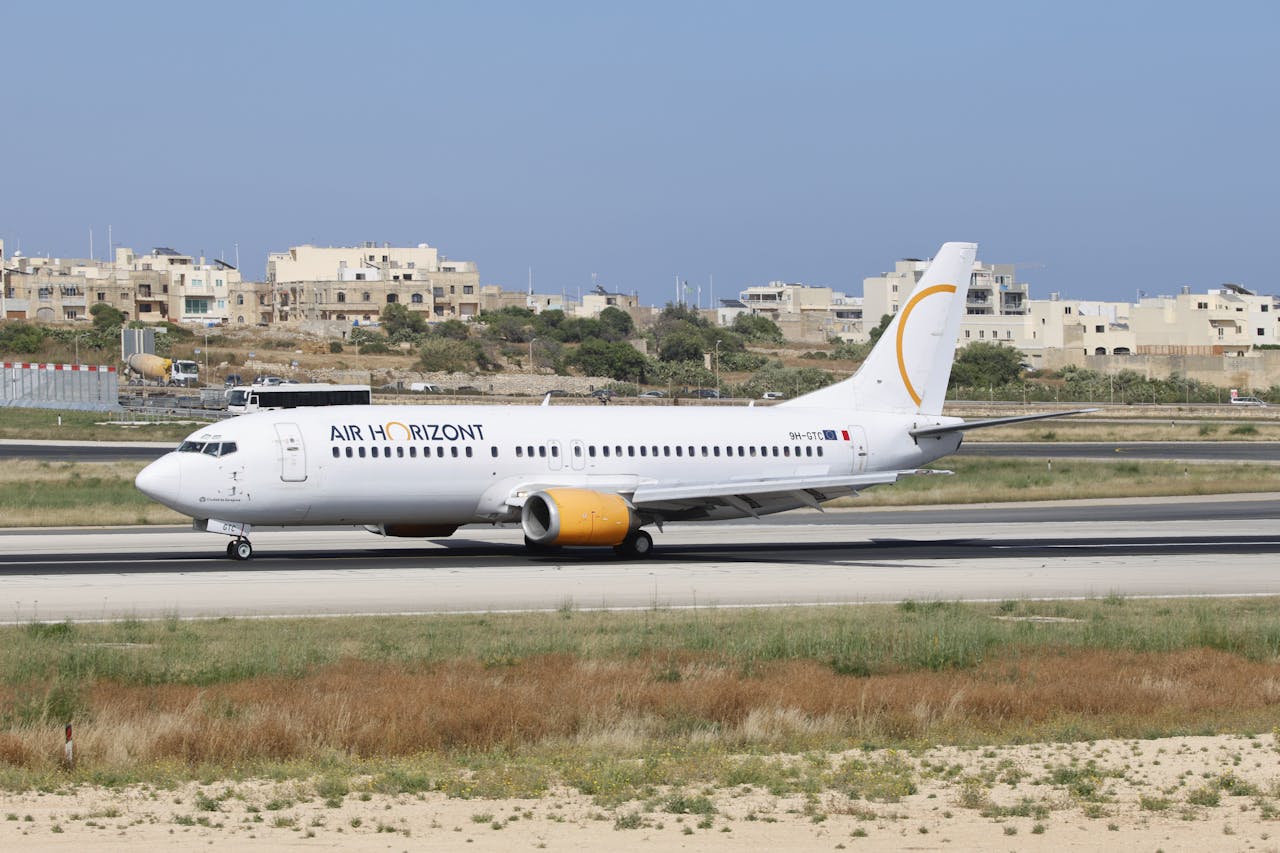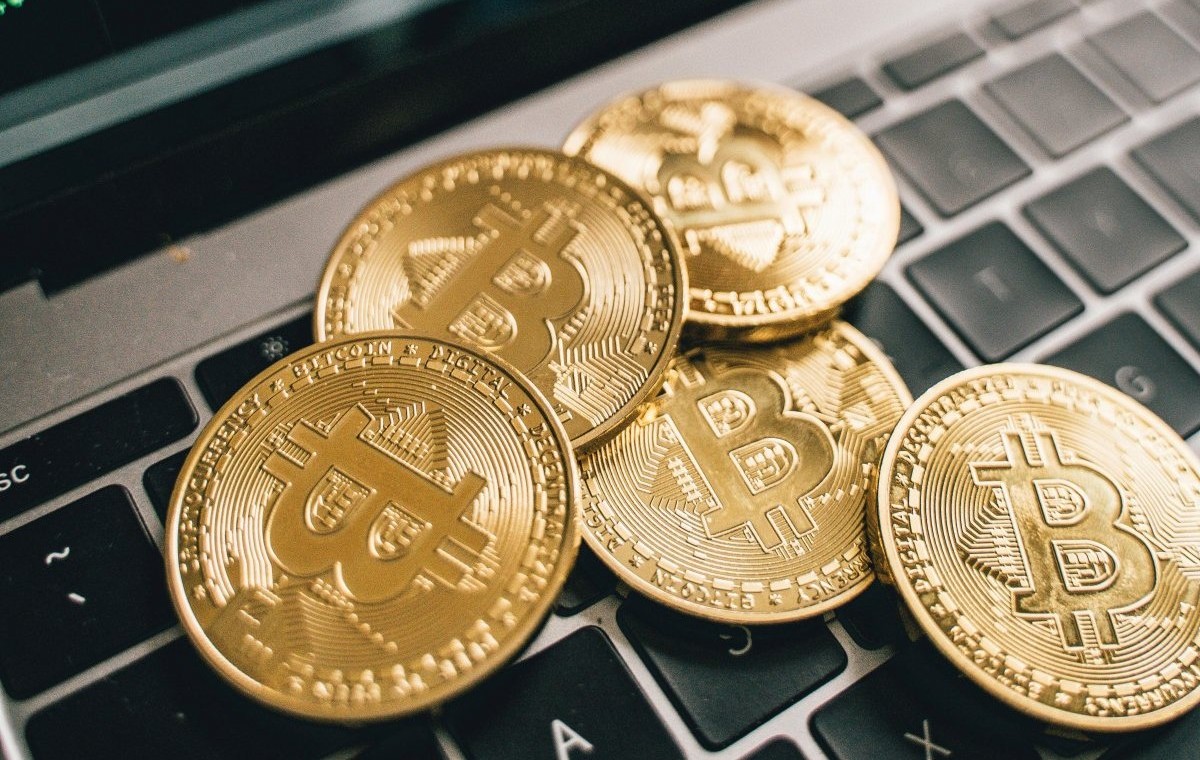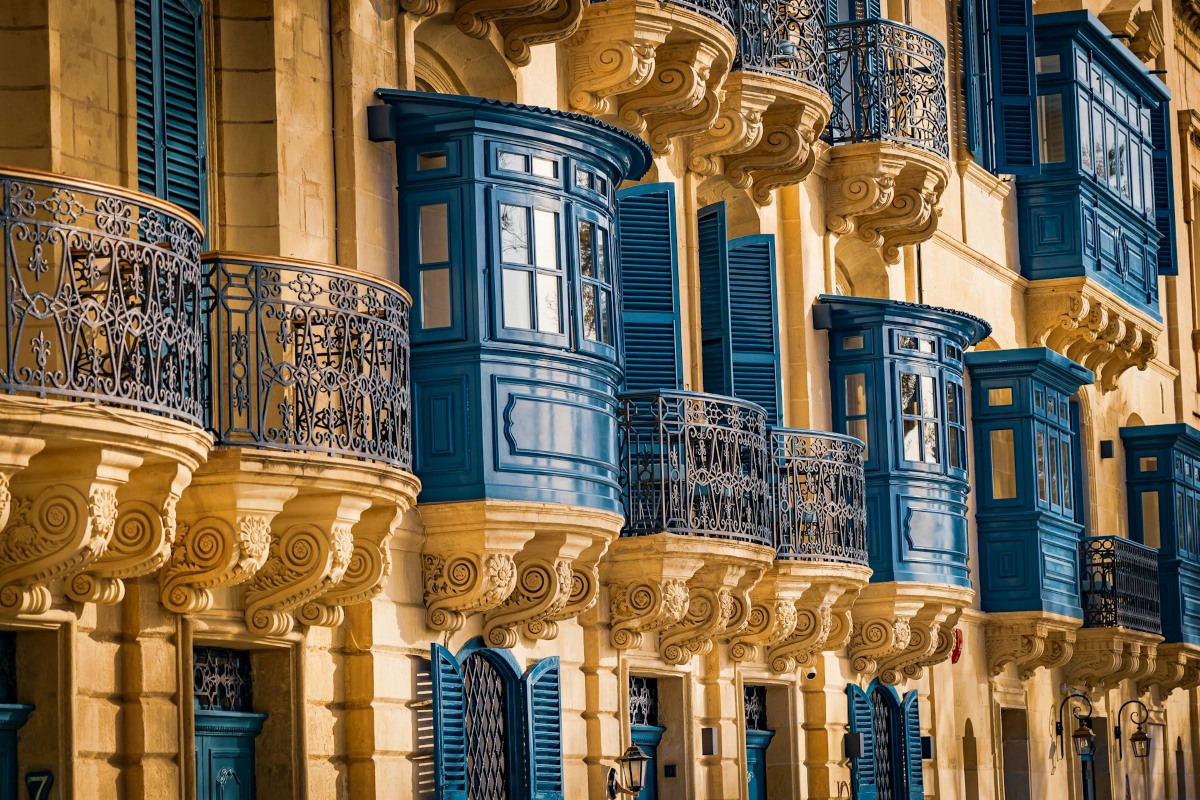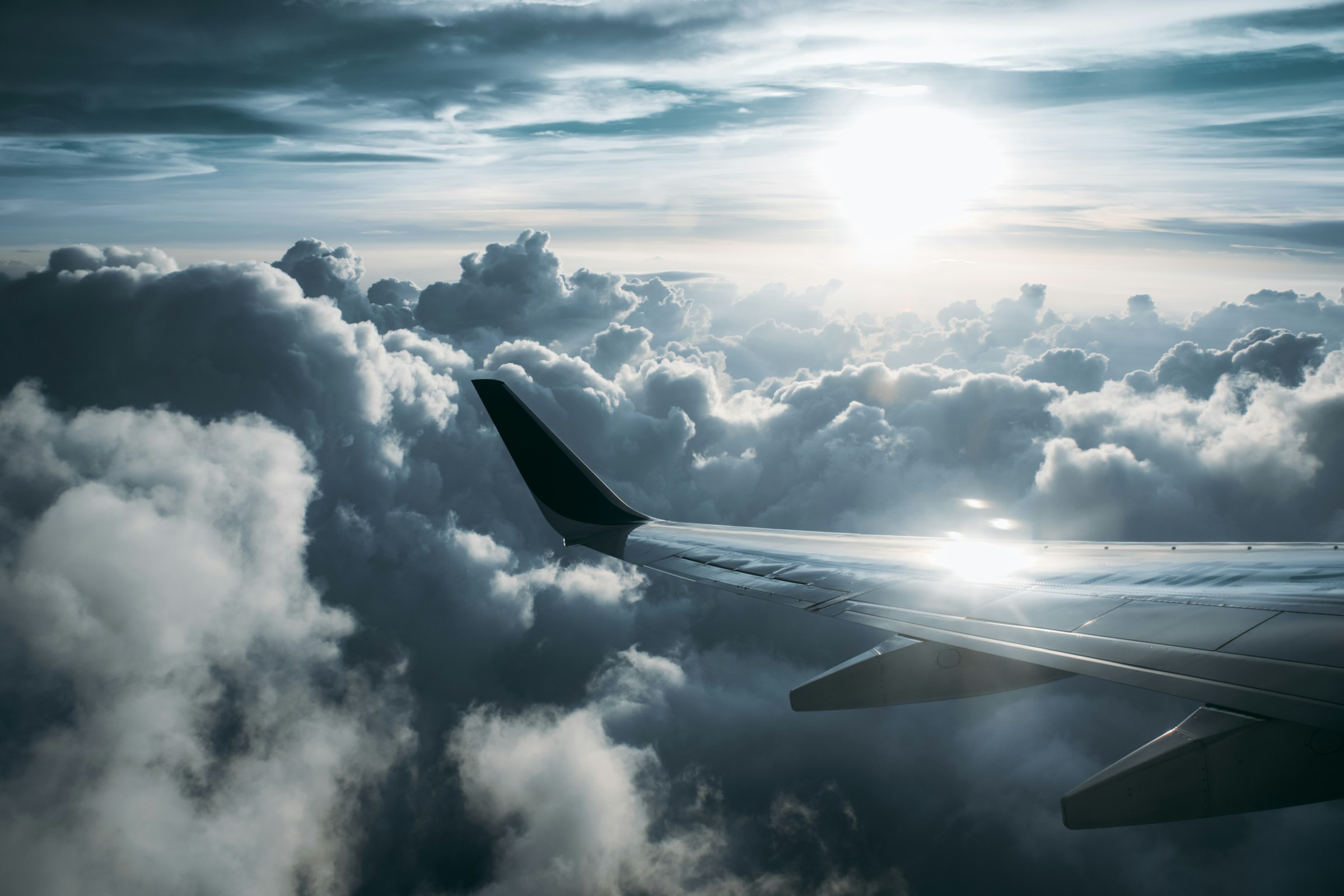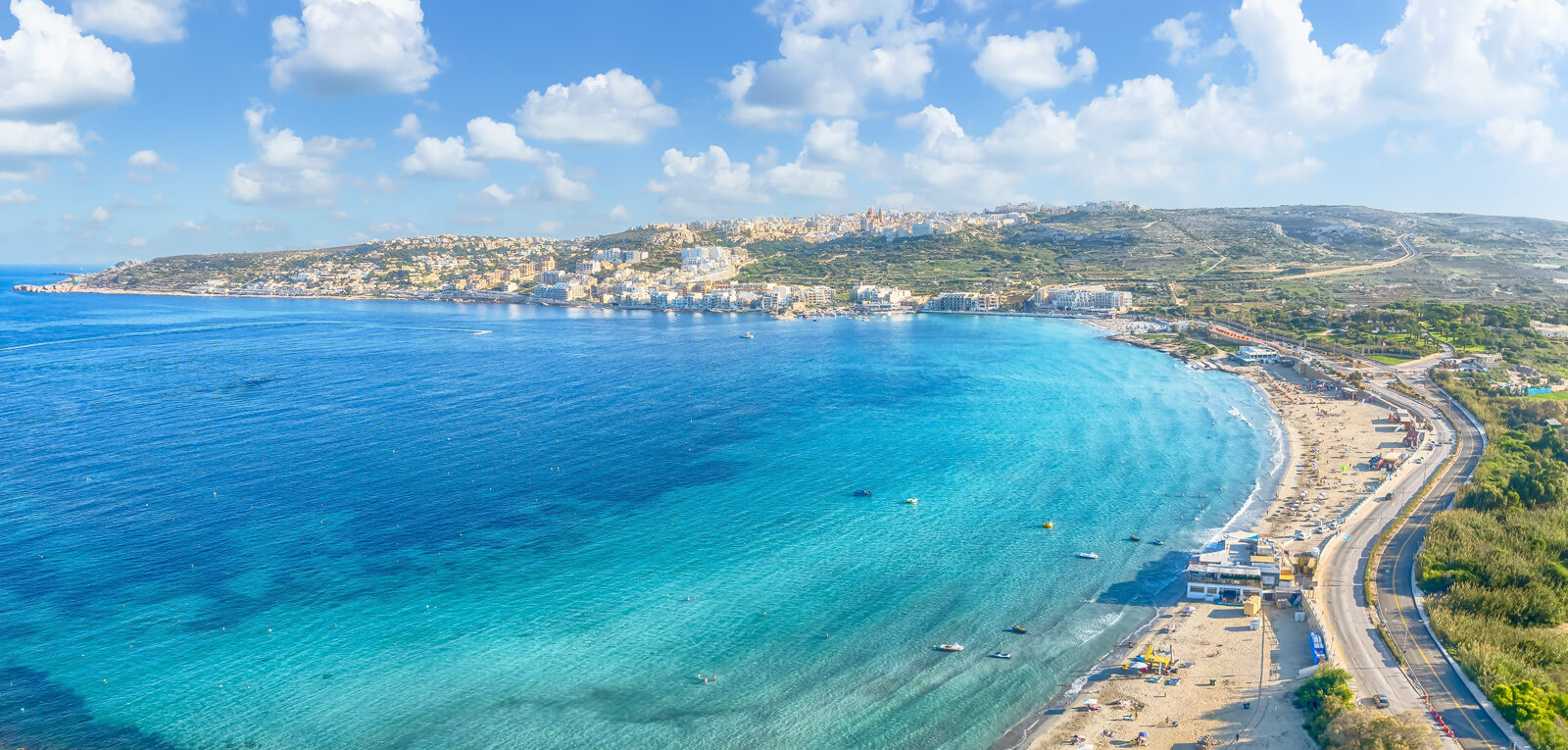Quick FAQs

Everything you want to know about living, working and investing in Malta
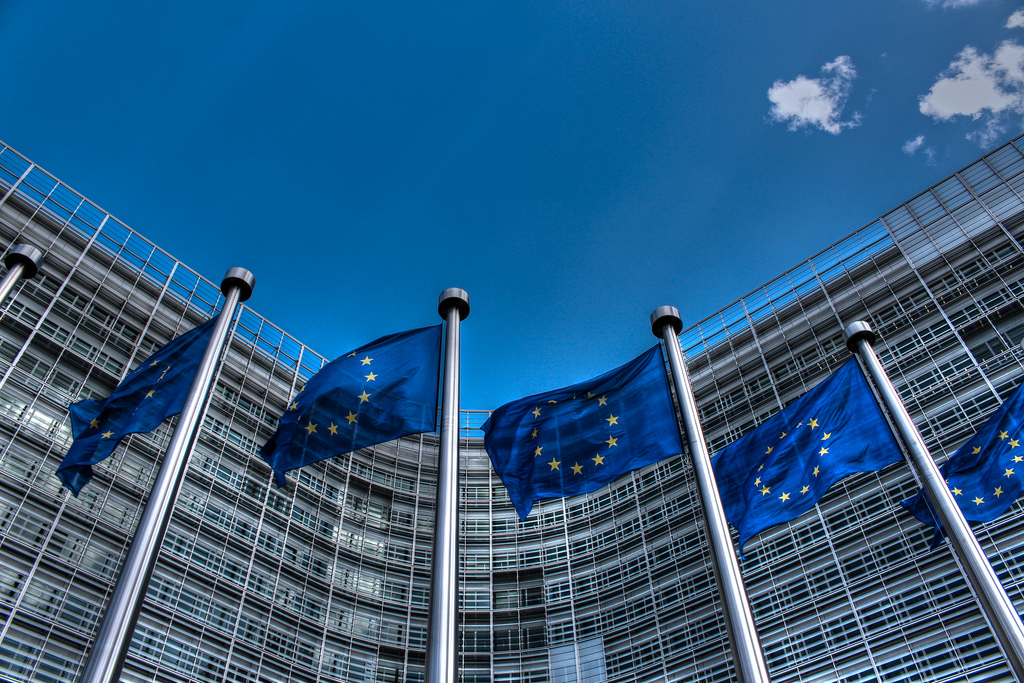
Is Malta in the European Union? What about Schengen?
Yes, Malta has been a member of the European Union since 2004, marking a significant milestone in its political and economic development. As part of its integration into the EU, Malta adopted policies that align with European standards. In 2007, Malta further solidified its position in Europe by joining the Schengen Area, allowing for greater movement and cooperation among European countries. This means that Malta benefits from the Schengen Area's border-free travel and is fully integrated into the broader European framework.

What currency does Malta use?
Malta uses the euro (€) as its official currency. The country adopted the euro in 2008. As part of the Eurozone, Malta benefits from easier trade with other EU countries. Euro banknotes and coins are used for all transactions, and Malta also issues its own euro coins with unique national designs.

Is Malta a rich country?
Malta has been the fastest-growing EU economy for three years running, with the latest statistics showing that Malta’s GDP per capita is 5 per cent higher than the eurozone average.
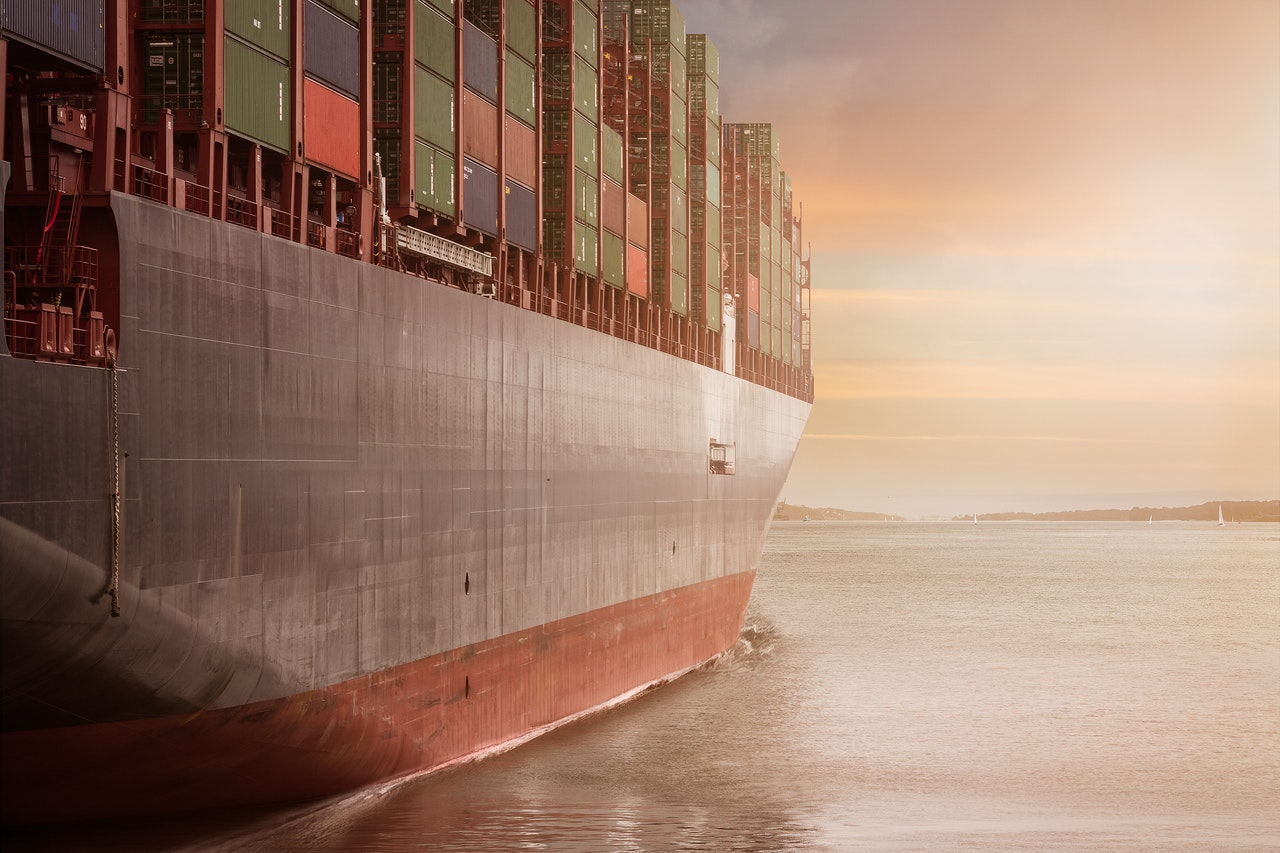
What are Malta’s top exports?
Malta’s top material exports include petroleum products, pharmaceuticals, electronics, and fish, while its main services exports are related to the tourism and travel, remote gaming, financial services, and professional and technical consulting sectors.

Is finance readily accessible?
Since the main commercial banks have high liquidity, interest rates in Malta have remained stable and competitive. The Malta Stock Exchange is also a popular avenue for companies looking to tap the local capital market, while a recent push to encourage venture capital and private equity activity has started to yield results. However, bank finance remains the most popular way of financing corporate projects. There are around 25 banks active in the country, ranging from mid-sized local banks to branches of foreign institutions and specialised operations. Most have competitive fees while providing tailor-made banking solutions, including trade and project finance, custodian banking and specialist wealth management services.

Does everyone speak English?
Yes. Practically the entire workforce is proficient in English. Italian is also widely spoken, and the local population’s knowledge of French, German and Spanish has grown since joining the EU. A boom in the foreign-born population has also increased the number of people who speak other languages, ranging from Swedish and Polish to Arabic, Mandarin and Hindi.

Is Malta safe?
Malta is considered a very safe country where theft and violence are isolated incidents. The crime rate is low, and the island nation is known for its friendly and welcoming atmosphere. Tourists and residents alike generally feel secure, even when walking alone at night in most areas. However, as with any destination, it’s always wise to stay aware of your surroundings and take basic precautions, such as safeguarding valuables.

How’s the weather?
Malta enjoys over 300 days of sunshine annually, making it one of the sunniest places in Europe. Winters are mild and short, with temperatures rarely dropping below 10°C (50°F), while summers are hot and dry, often exceeding 30°C (86°F). The sea remains warm for much of the year, and rainfall is generally low, mostly occurring between autumn and early spring. Coastal breezes help temper the summer heat, especially in seaside areas.

What’s the healthcare like?
Malta boasts excellent public healthcare. A thriving ecosystem of private healthcare providers is similarly recognised for the high quality of care it provides, and the country has in recent years been taking tentative steps into promoting itself as a destination for medical tourism.

What are the residency options available?
Foreign investors have several residency options available to them. These range from full citizenship through naturalisation to retirement schemes and special residency options for digital nomads.
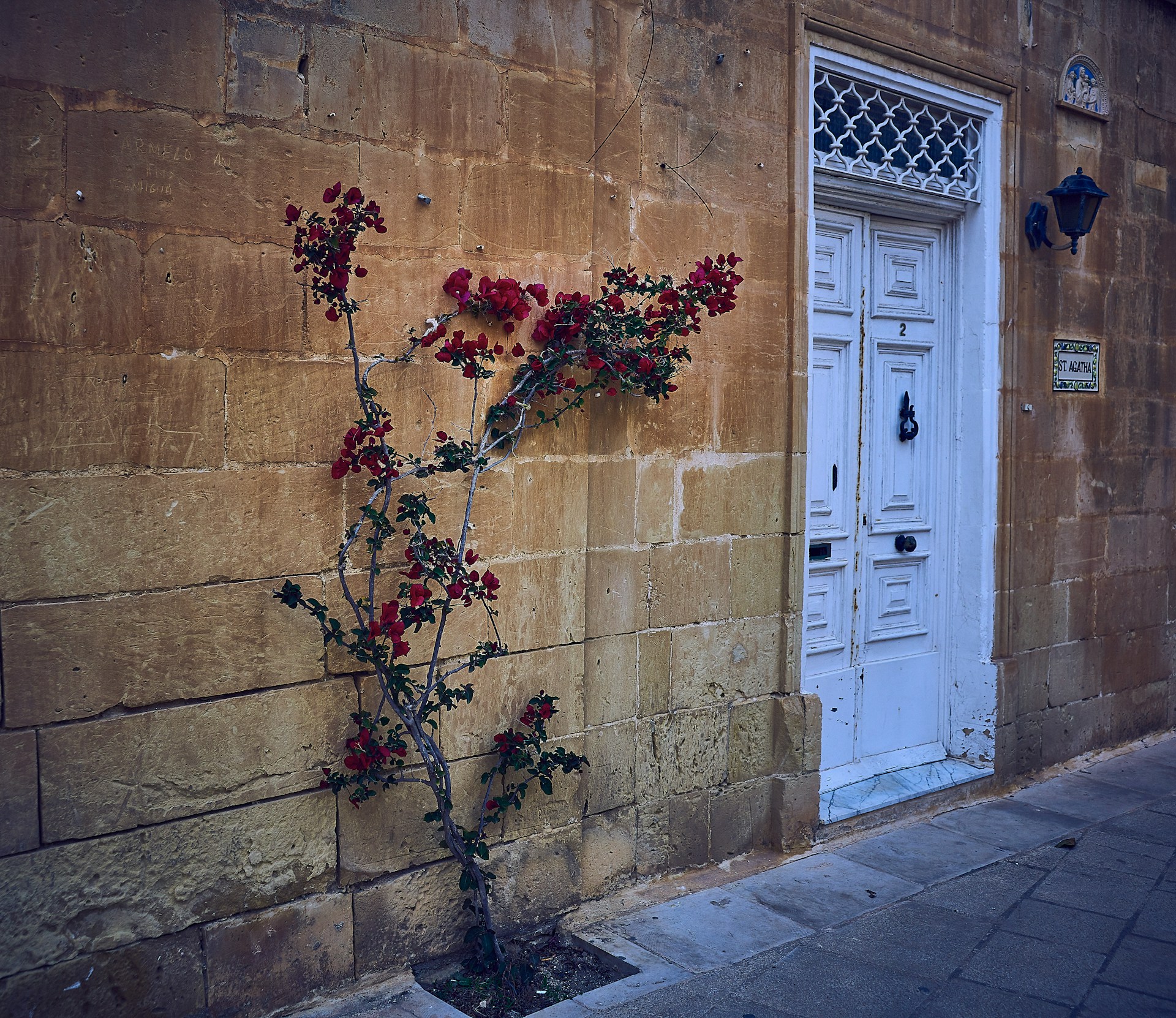
Can I buy property on the Maltese Islands?
Yes, although holders of foreign passports are limited to only one residential property unless it is in one of several Special Designated Areas around the islands.

How many expats live in Malta?
There are around 100,000 people born abroad who now live in Malta. Many of these live in the cosmopolitan North Harbour region, surrounded by luxury residences, high-end shopping and excellent leisure opportunities.
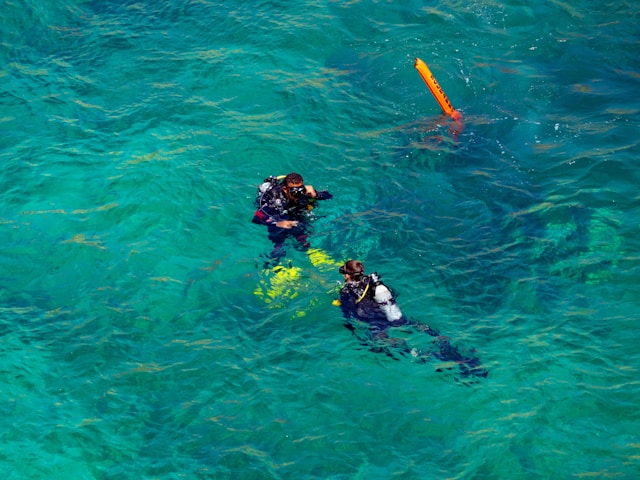
Speaking of leisure, what is there to do in Malta?
Malta’s cosmopolitan lifestyle, coupled with its traditional charm, offers a unique blend that few places can match. The country has retained its island culture, with the relaxed Mediterranean lifestyle being a major selling point for those considering relocating. There is a wide variety of feasts, festivals and other events to suit every taste, while the unique cultural attractions, beautiful Blue Flag beaches, vibrant nightlife, and flourishing culinary landscape that make Malta a top tourist destination are similarly enjoyed by locals and expats alike.
Related Content
Where To Start Economic Overview Macroeconomic Indicators Trade Political & Legal Frameworks History Of Malta
Trending News






